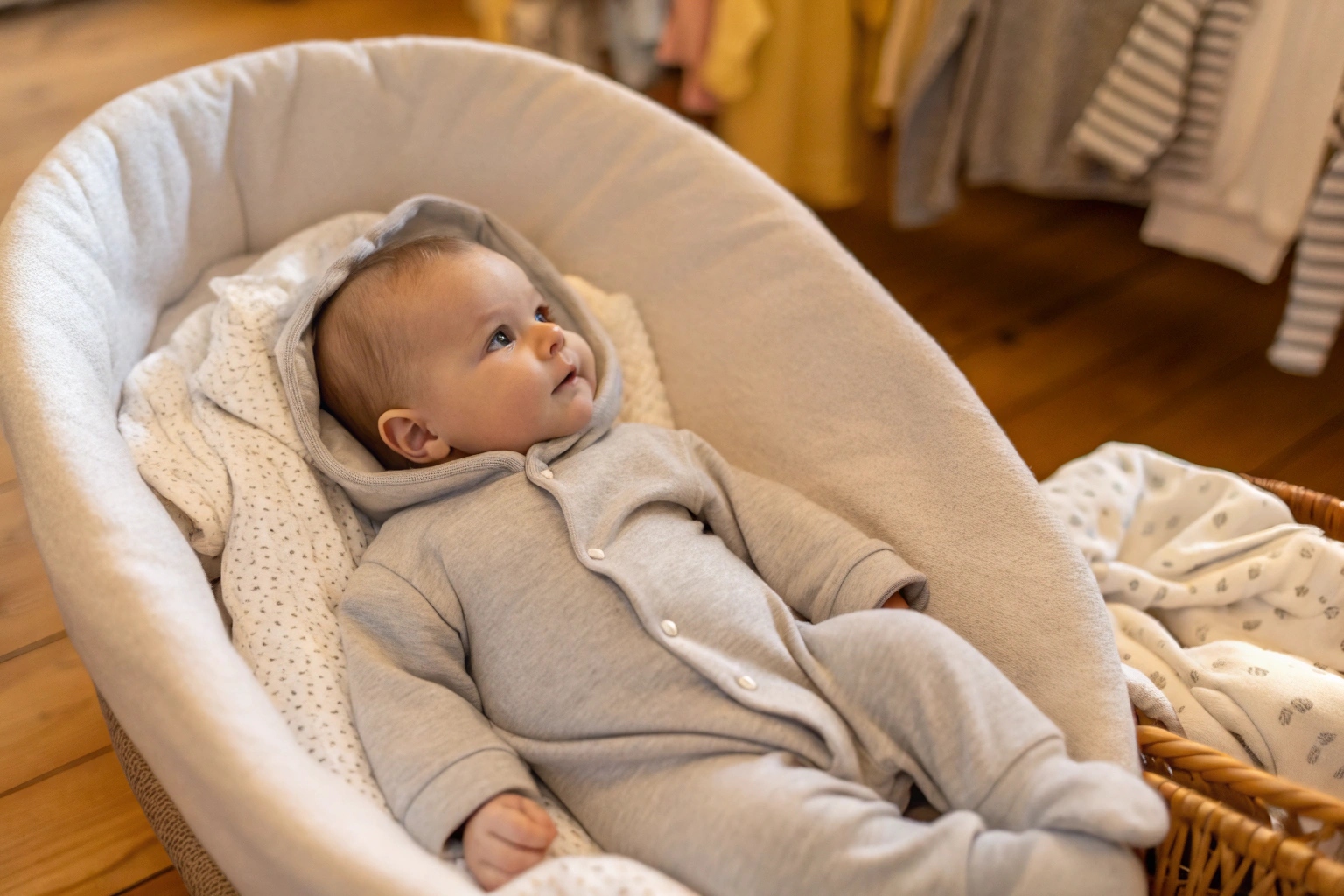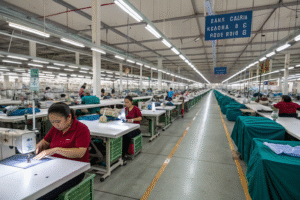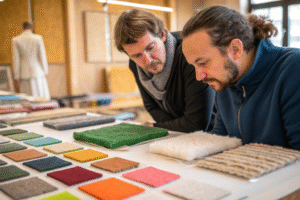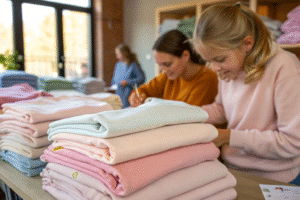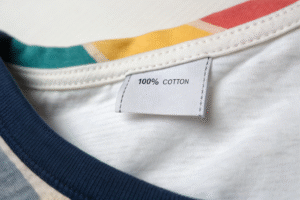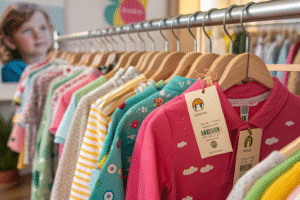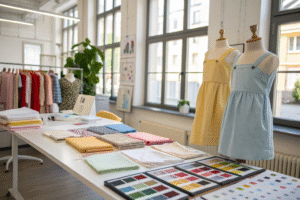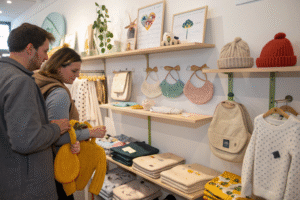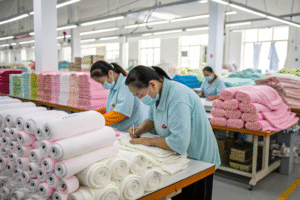The babywear market in 2025 is more crowded than ever. New brands launch weekly—but few truly stand out. So what separates the unforgettable from the forgettable?
In 2025, standout baby clothing brands win by prioritizing safety, comfort, transparency, niche identity, and emotionally intelligent marketing. Parents want more than cute—they want trustworthy, meaningful, and personal.
Let’s explore what today’s top-performing babywear brands are doing differently—and how your brand can rise above the noise.
Why Parents Value Safety, Comfort, and Sustainability?
A parent’s first priority is their child’s well-being. Everything else comes second.
Modern parents care deeply about fabric safety, skin sensitivity, and environmental impact. Brands that lead with these values earn trust and repeat sales.
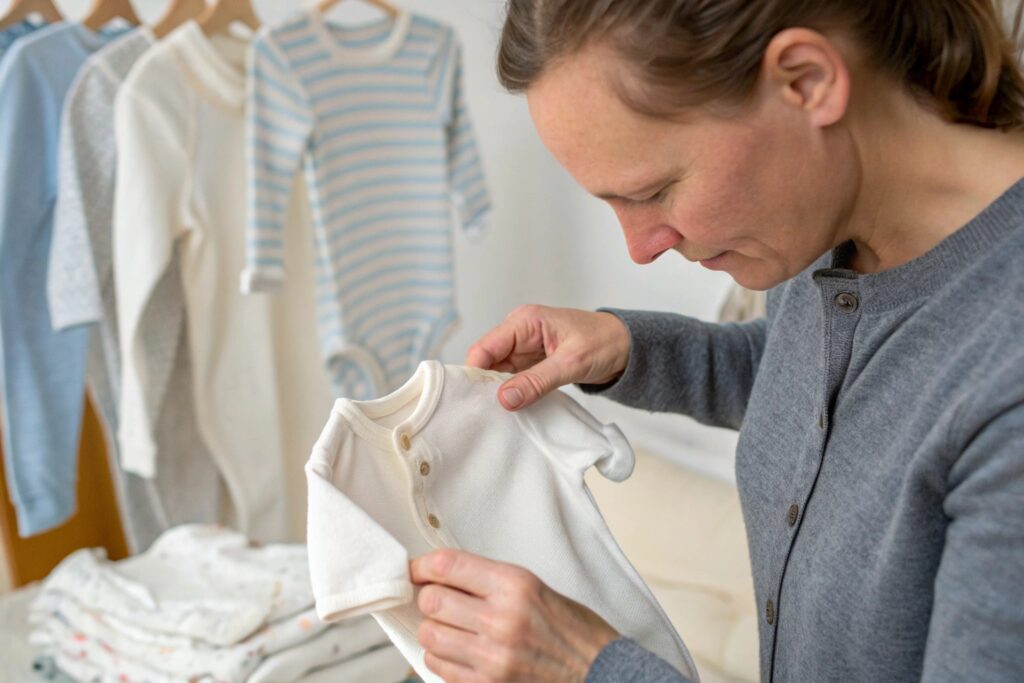
How have parents’ expectations evolved around babywear quality?
In 2025, parents are more informed—and more selective. They read fabric labels. They research certifications. They ask questions like:
- Is this organic?
- Has it been tested for harmful dyes?
- Is the fabric breathable?
Today’s customers prioritize:
| Feature | Parent Priority Reason |
|---|---|
| OEKO-TEX / GOTS Fabric | Skin-safe and chemical-free |
| Soft seams & tags | No irritation for sensitive skin |
| Stretch + movement | Comfort for active infants/toddlers |
| Eco-packaging | Aligns with environmental values |
Especially for newborn and infant collections, certified fabric safety is now non-negotiable. Sustainability isn’t just a “nice to have”—it’s part of the decision-making process.
What sustainable practices attract conscious parents in 2025?
- Organic cotton and natural dyes
- Compostable mailers and reusable fabric bags
- Transparent supply chain disclosures
- Buy-back or resale programs for outgrown babywear
- Capsule wardrobes to reduce overbuying
Parents don’t expect perfection—but they value progress and honesty.
How Personalization and Niche Design Win Brand Loyalty?
In a market flooded with similar styles, it’s the little touches that make a big difference.
Babywear brands stand out when they reflect a family’s values, style, and story. Customization and niche storytelling turn shoppers into loyal fans.
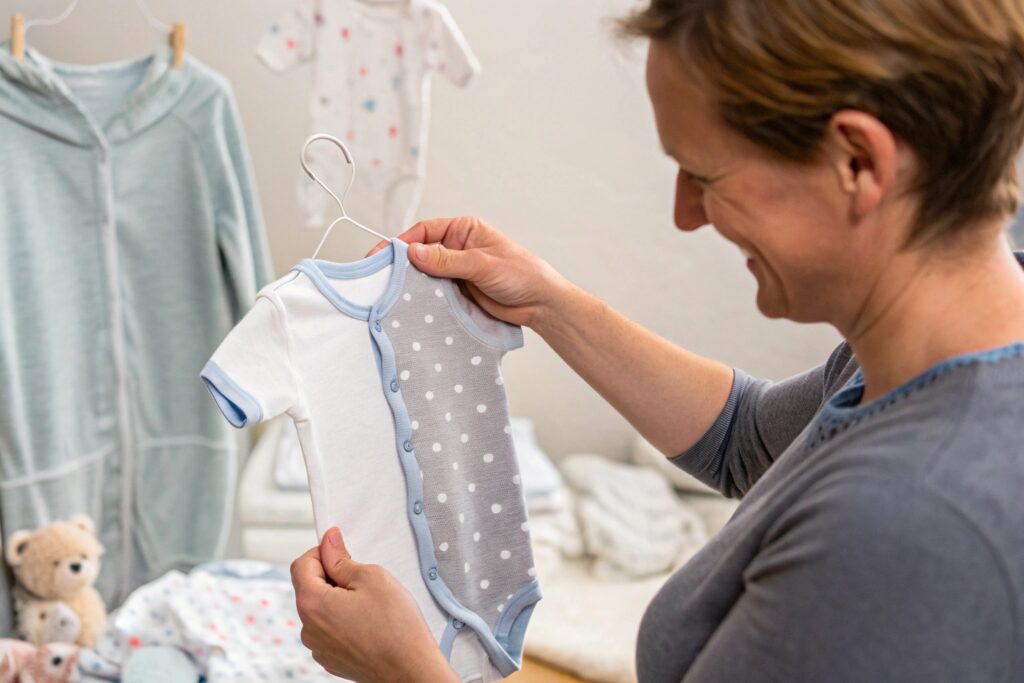
What types of personalization do parents find most meaningful?
- Name embroidery on bodysuits or hats
- Zodiac signs, birth months, or family nicknames
- Custom color selection for trims or sets
- Build-your-own bundles for gift boxes or sibling outfits
Parents want pieces that feel just for them. This emotional connection fuels repeat buying, referrals, and content sharing.
| Custom Feature | Impact on Loyalty |
|---|---|
| Personalized name apparel | Strengthens brand–family bond |
| Family matching sets | Drives social sharing |
| Seasonal micro-collections | Builds anticipation and exclusivity |
Niche design—like gender-neutral babywear, heritage-inspired collections, or Montessori-friendly basics—also creates tribe identity. Parents feel like they’re part of a movement, not just a transaction.
Can small brands leverage niche aesthetics without big budgets?
Absolutely. Small brands have the edge when it comes to niche depth. You can:
- Focus on a specific lifestyle (eco-parenting, minimalist wardrobes)
- Design around underrepresented stories (culture, disability inclusion)
- Use storytelling through packaging and product pages
When you speak directly to a smaller group, they listen more closely.
What Role Transparency Plays in Gaining Consumer Trust?
In 2025, parents don’t just care about what you sell—they care about how you make it.
Transparency about materials, labor, pricing, and environmental impact sets modern babywear brands apart. Parents reward openness with long-term loyalty.
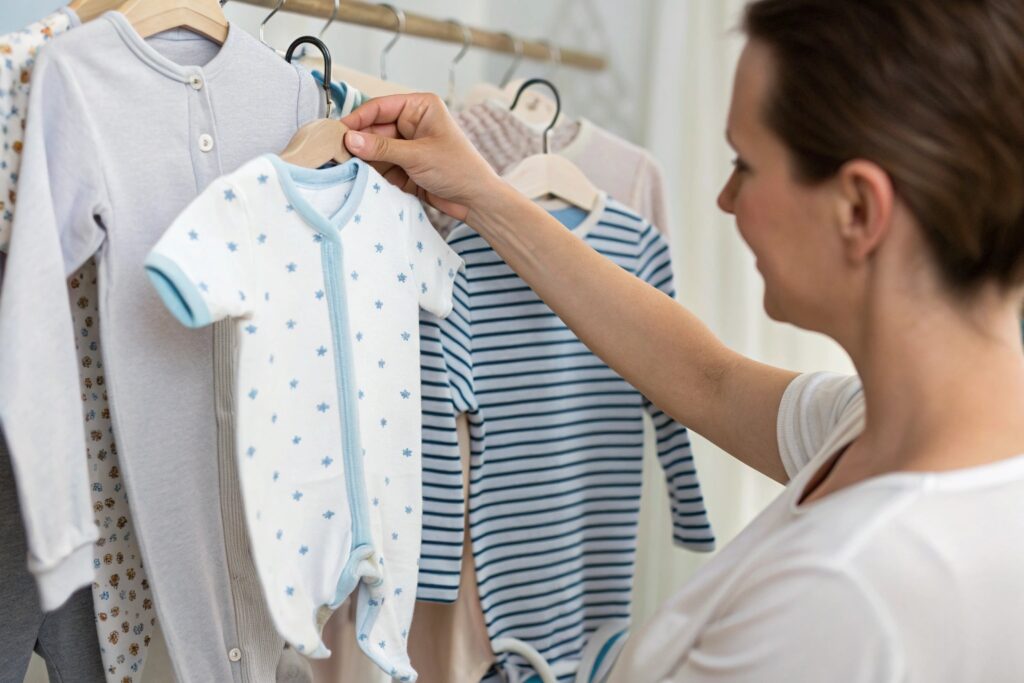
What are parents expecting to see from brands today?
- Factory locations and ethical conditions
- Fabric origin and certification
- Honest pricing breakdowns
- Wash durability information
- Behind-the-scenes production content
It’s not about being perfect. It’s about being honest. One babywear brand that openly shared a mistake in their sizing chart—and how they fixed it—saw increased trust and customer praise.
| Transparency Topic | Example Statement |
|---|---|
| Factory Ethics | “We produce in a 5-line factory in Zhejiang, China with safe, clean labor.” |
| Price Breakdown | “Each romper costs $7.20 to make—our margin funds growth and fair wages.” |
| Fabric Sourcing | “All our fabrics are GOTS-certified and dyed in non-toxic labs.” |
| Packaging | “We use compostable mailers and recycled tags.” |
How can small brands implement transparency affordably?
- Add a “How It’s Made” section to product pages
- Use Instagram stories to show production snapshots
- Include hang tags explaining certifications
- Send updates via email showing seasonal improvements
Transparency isn’t a campaign—it’s a habit.
How Smart Marketing Sets Modern Babywear Brands Apart?
Even the best babywear brand will go unnoticed without a clear message. But flashy ads aren’t what work best in 2025.
Smart marketing in babywear means consistent storytelling, emotional connection, and channel-savvy content that speaks directly to modern parents.
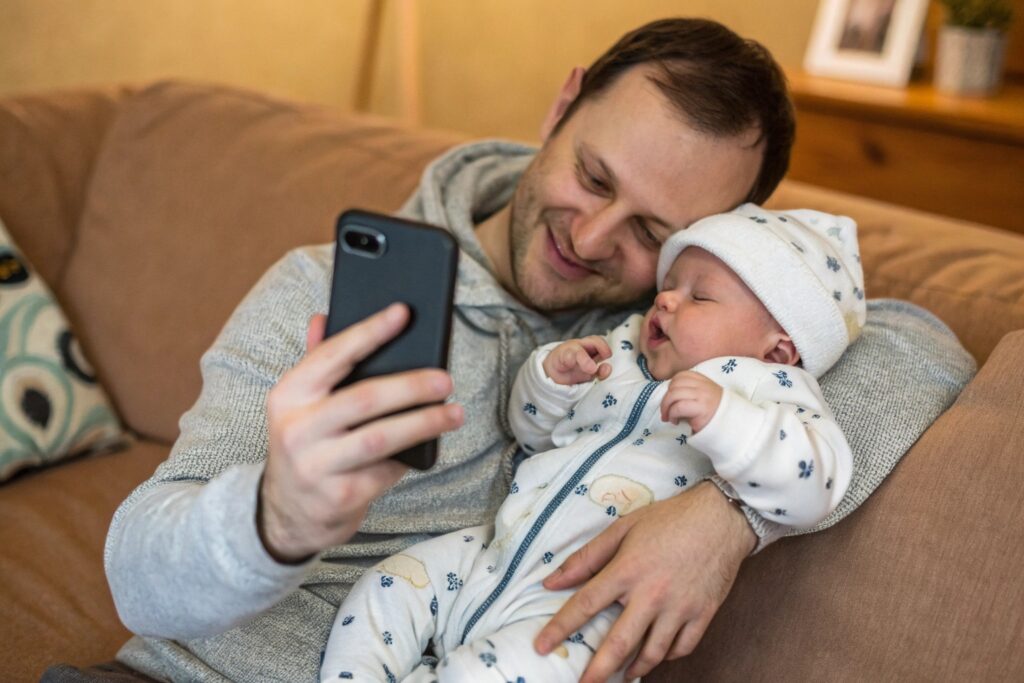
What kinds of messaging work best for today’s babywear audience?
Parents today respond to honesty, values, and identity. Marketing that connects includes:
- Emotional storytelling (birth moments, parenting milestones)
- Clear brand values (eco-friendly, inclusive, simple)
- Community focus (“#OurLittleOnes” hashtag campaigns)
- Functional breakdowns (“Why we added hidden snaps here”)
Here’s a quick comparison of marketing tones:
| Strategy | 2020s Trend | 2025 Approach |
|---|---|---|
| “Premium quality” claim | Overused | “Here’s how we stitch to last” |
| Big-budget visuals | High gloss | Authentic baby-in-use photos |
| Generic taglines | “Soft and cute” | “Built for wiggles and spills” |
Today’s best-performing brands are those that sound like real parents. They offer help, not hype.
What marketing tools give the biggest ROI to babywear startups?
- Shortform video (TikTok, Reels): BTS, wash tests, outfit ideas
- Pinterest boards: Drive long-tail traffic with milestone themes
- Email welcome flows: Educate parents on your fabrics, fits, and values
- Influencer micro-collabs: Build trust with niche parenting voices
Smart doesn’t mean expensive—it means intentional.
Conclusion
In 2025, babywear brands stand out by being human, honest, and heartfelt. From soft fabrics to sharp messaging, the brands that win will be those that care deeply—and prove it in every stitch, post, and package.

